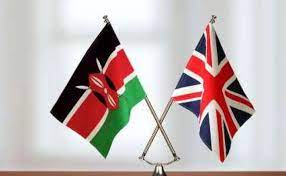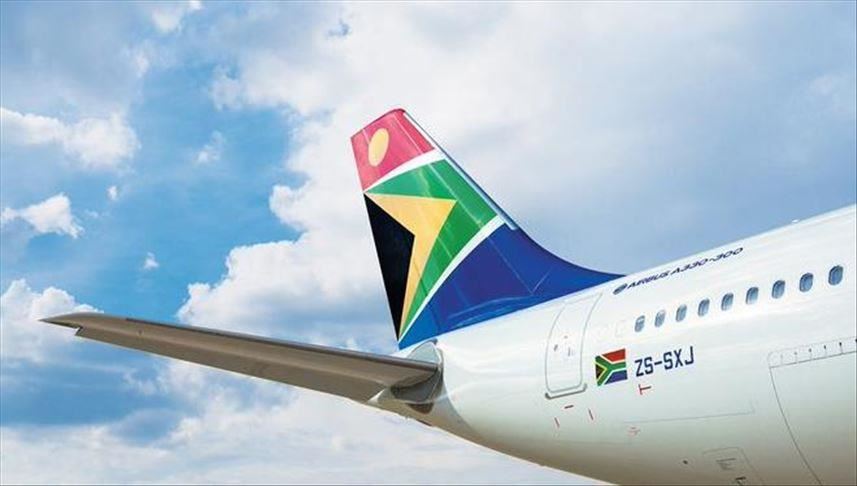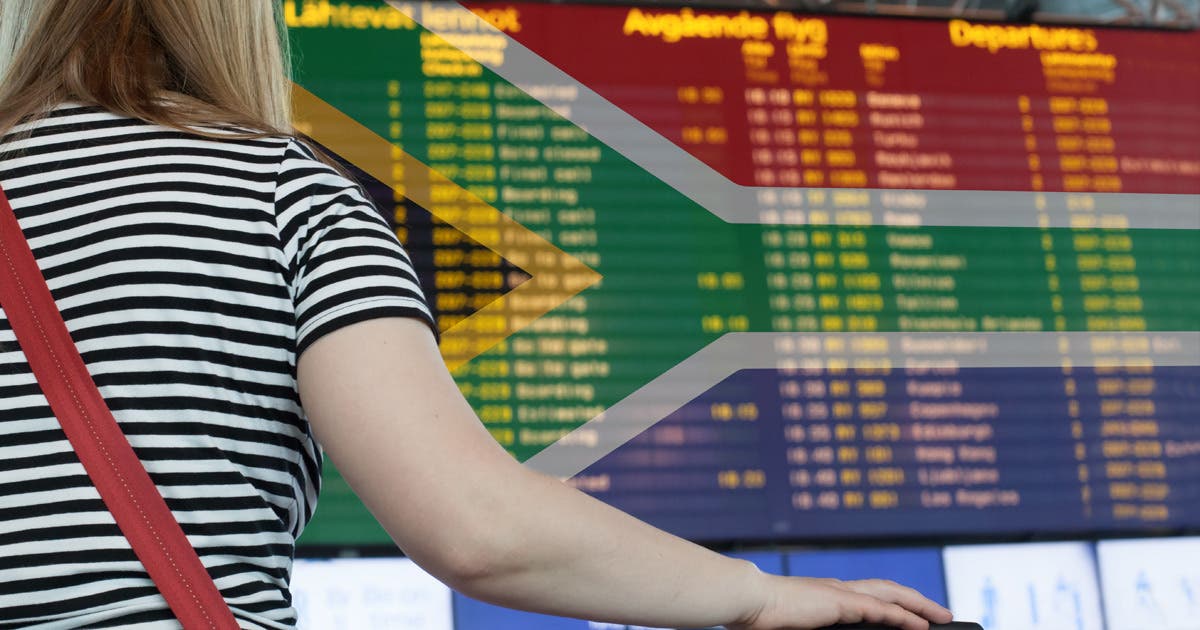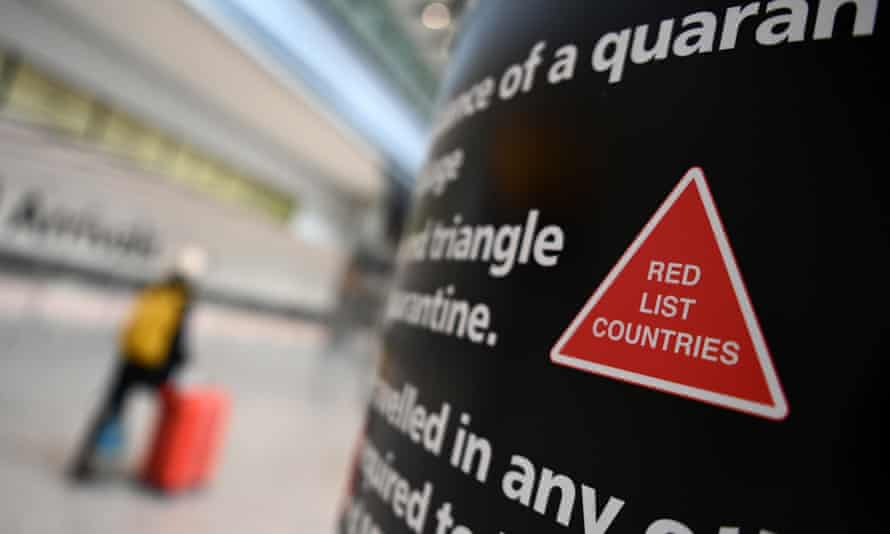Travellers from Kenya remain banned from the United Kingdom in the latest update that took effect Thursday evening in a fresh blow for tourism which is currently in its main season.
The UK updated countries on England’s “Red List” amid concerns about the spread of new Covid-19 variants that have now been reported in Kenya.
Britain retained Kenya, whose cases of Covid-19 have been surging by double digits, on the travel ban first placed in April.
The decision deals a fresh blow to the Kenyan hospitality industry, whose tourism season traditionally peaks from July to September, coinciding with the country’s dry season and the world-renowned migration of wildebeest and zebra through Maasai Mara Game Reserve.
Kenya is a popular tourism destination for Britons. The UK has been a top tourism source market for Kenya. In 2019, it emerged fourth in ranking, with tourist visits of 181,484.
The UK has segmented countries into green, amber and red lists, each carrying different degrees of restrictions for arrivals back to Britain.
A British citizen travelling from a Green and Amber List is not required to undergo a mandatory quarantine.
Travellers arriving in the UK from countries on the Red List are denied entry, while returning Britons must submit to 10 days of mandatory quarantine in hotels.
Kenya had earlier protested the ban having relaxed punitive requirements imposed on British citizens, which required them to undergo 14 days of isolation before entering the country.
Kenya had 232,869 confirmed Covid-19 cases and 4,635 deaths, with a positivity rate of 12.9 percent as of Thursday.
British High Commissioner to Kenya Jane Mariott Howe recently urged Nairobi to ensure speedy vaccinations countrywide, a move that would se the lifting of the ban.
She noted that the British government reviews the list often and linked the removal of India, which had high infections, to increased immunisation.
“We are reviewing the list too often, and we hope that Kenya comes out of the list soon. The more vaccines we have, the more genome sequencing we have, the easier it is to get off the red list, and that is why India had an advantage,” she noted.
Kenya on Monday received 880,460 doses of Moderna vaccines in yet another boost to the ongoing vaccination drive that targets to vaccinate 10 million people by the end of the year.
The Moderna doses, donated by the US government, is the second vaccine in Kenya’s programme after AstraZeneca, with at least 1,615,687 people having received at least one jab and 780,377 fully vaccinated by August 22.
Source: Business Daily










